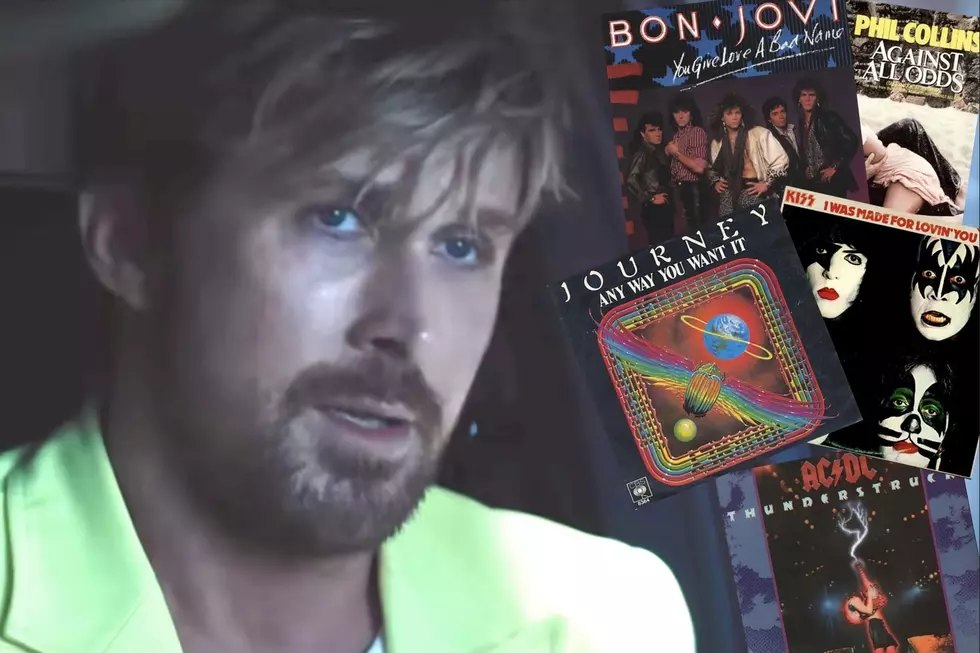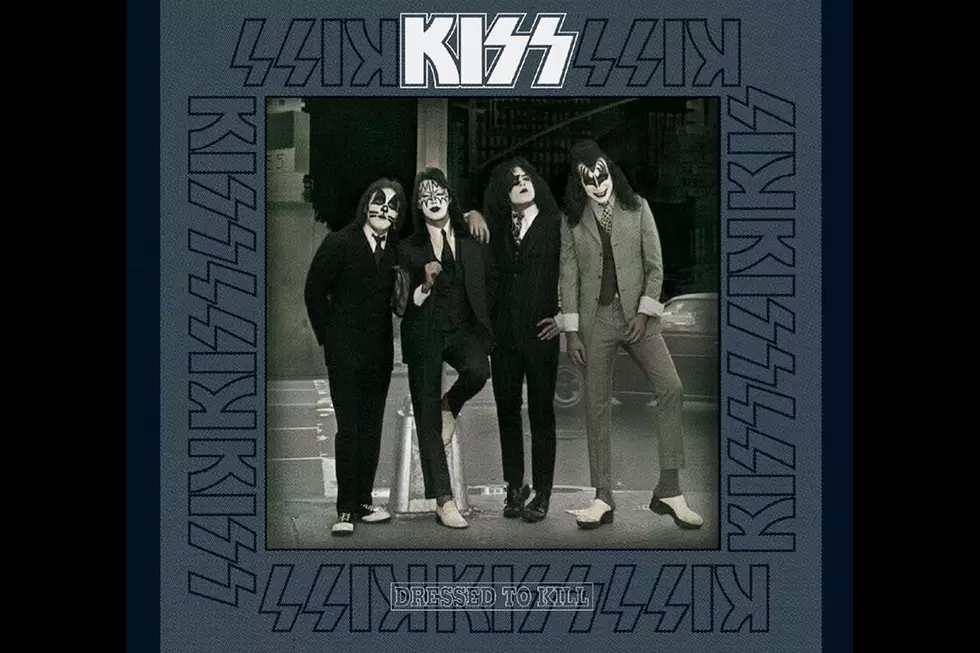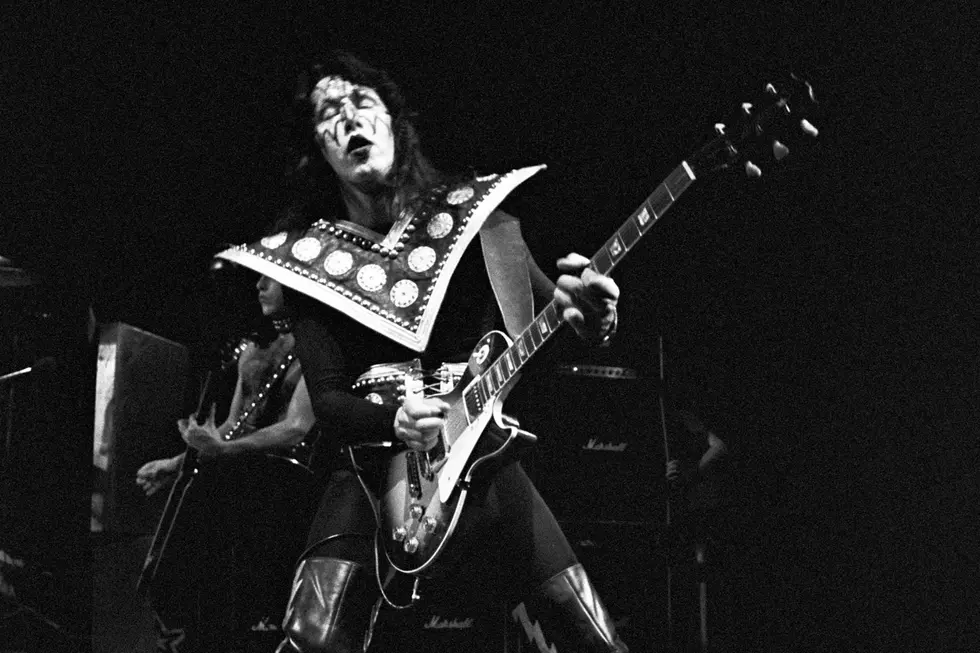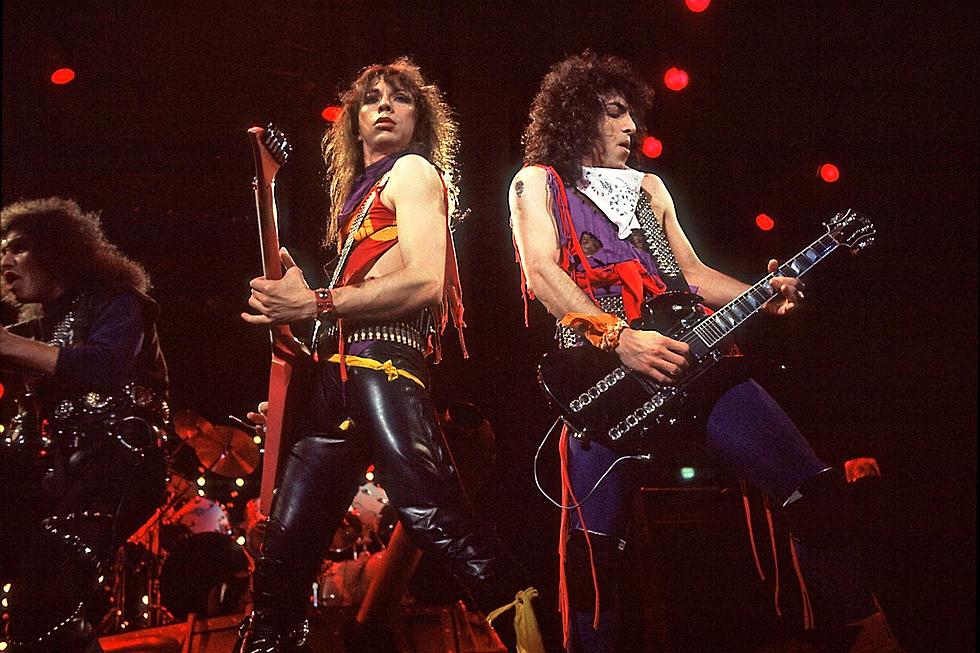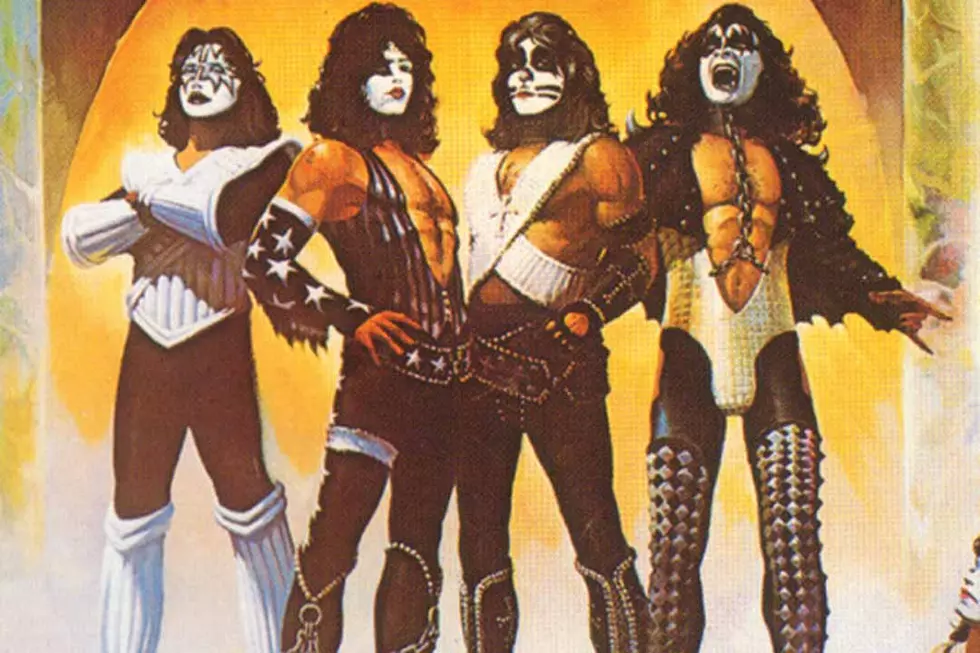
How Kiss Ended Their Golden Era With ‘Love Gun’
Love Gun, the sixth studio album and pinnacle of Kiss's first golden era, was released on June 30, 1977. It marked a pair of turning points for the band.
This was the last record to feature their original lineup – Paul Stanley, Gene Simmons, Peter Criss and Ace Frehley – performing together on every song. (In 1998, the foursome released the reunion album Psycho Circus, but it is widely reported that outside musicians joined Stanley and Simmons for much of that project.)
Love Gun was also issued at the high point of the band's commercial success. Kiss were one of the hottest bands at the time, with arena shows selling out across the country and mountains of records and merchandise flying off store shelves. Seeing as how Love Gun was their fifth LP in just three years – not to mention the near-constant touring the group had been doing since 1973 – it's hard to say they didn't work hard to earn that position.
By 1977, they were ready to reap the rewards. As Stanley explained in the band bio Behind the Mask, "I had fun making Love Gun because I was feeling my oats. I had a very clear vision of what I wanted to do and in some ways what Kiss was going to do. ... I'd give that four-and-a-half, five stars. I'm proud of the record."
Recorded in just three weeks with production help from the legendary Eddie Kramer, who had worked with the band on their breakthrough 1975 Alive double-live concert album, Love Gun's drum-heavy title song (rat-a-tat-tat, rat-a-tat-tat!) became an instant classic, and has been performed at nearly every Kiss concert since its release. The piano-tinged "Christine Sixteen" and the blistering album opener "I Stole Your Love" have also endured in fan's hearts and on the group's set lists.
Listen to Kiss Perform 'Christine Sixteen'
Love Gun was the first Kiss album to feature all four members on lead vocals, with Criss signing of his younger trouble-making days in "Hooligan" and Frehley turning in one of his career highlights with "Shock Me." Inspired by an accidental onstage electrocution, the guitarist wrote the track and then gave into his bandmates' positive peer pressure to take the lead, although he was reportedly so nervous he sang the track lying flat on his back in the studio.
Looking back, the only sour note Stanley sees on the record is the gender-switched, album-ending cover of the Crystals' 1963 smash "Then He Kissed Me." "Some things in retrospect just don't work," he said. "That's a great song and it needs to get redone like 'I Want to Hold Your Hand' needs to get redone. It's a song you don't mess with.'
Love Gun was a smash hit immediately upon release, racing up to No. 4 on the Billboard chart and selling more than a million copies. But cracks were forming within the band. Criss and Frehley were eager for more creative freedom, and Stanley and Simmons were growing tired of the hard-partying duo's unreliable ways.
The next year, these internal squabbles would result in each of the Kiss members recording solo albums under the band's brand name. Besides those four simultaneously released projects, the group also issued a second live album (Alive II) and their first-ever best-of collection (Double Platinum). It could easily be argued that Kiss over-saturated the market prior to the release of their next studio project, 1979's Dynasty. That's widely regarded as the beginning of the group's most challenging era.
The Most Shocking Rock Star Fashion Reinventions
Ranking Every Kiss Album
More From Ultimate Classic Rock
